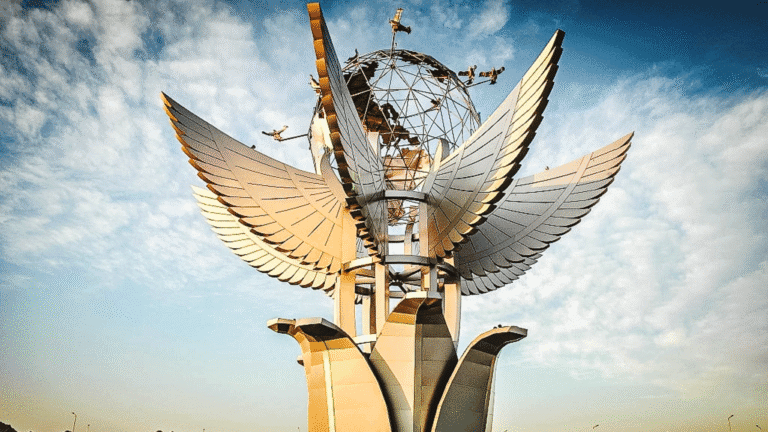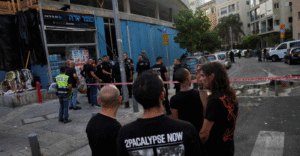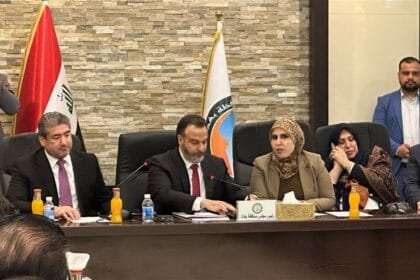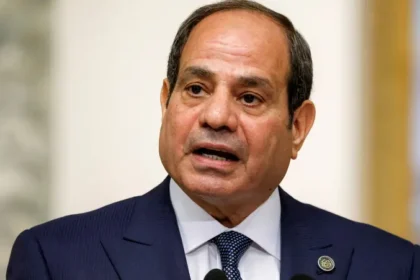Cairo, Egypt – Sharm el-Sheikh is hosting a new round of indirect negotiations between Israel and Hamas. This is being held under Egyptian, Qatari, and American sponsorship. It is part of the peace plan promoted by Washington to end the war that has been raging in Gaza for nearly a year.
The meetings are being held amid tight security measures and an atmosphere of caution. Cairo seeks to consolidate the ceasefire and open a political process that guarantees long-term calm. This comes at a time when the parties are trading accusations of lack of seriousness.
Egypt pulls the strings, and Trump watches from afar.
Cairo is playing the role of guarantor and mediator between the two sides. Washington believes that the success of this round will be a real test of the Trump plan. This plan includes approximately twenty points. Among these are a ceasefire, the withdrawal of Israeli forces, a prisoner exchange, and the reconstruction of the Gaza Strip.
Reports indicate that the US President had direct contact with the Egyptian leadership to encourage continued dialogue. He emphasized the importance of Egypt’s role in achieving regional stability.
Busy schedule and time pressure
The Israeli delegation, headed by Minister of Strategic Affairs Ron Dermer, arrived in Egypt this morning. Meanwhile, Khalil al-Hayya headed the Hamas delegation.
According to diplomatic sources, the talks are expected to extend for several days. They have a busy schedule, including discussions on contentious issues. These include a permanent ceasefire, phased withdrawal, and prisoner exchange.
The US plan sets a one-week deadline for completing the first phase. This imposes a rapid pace and pressure on the mediators to ensure the round’s success.
Hamas: No to disarmament, yes to prisoner exchange
Hamas stressed that negotiations do not mean accepting disarmament or abandoning resistance. It denied reports that it was prepared to surrender its weapons.
The movement’s main demands include an immediate cessation of hostilities and the withdrawal of Israeli forces from Gaza. They also include the release of Palestinian prisoners, most notably Marwan Barghouti.
In contrast, Israel insists on the full release of all detainees before any further steps. It also refuses to involve the Palestinian Authority in managing the Gaza Strip after the war.
Complex disputes and a foggy landscape
Despite the start of negotiations, Israeli aircraft continue to bomb sites in Gaza, threatening to undermine mediation efforts.
The disagreements center on the mechanism for governing the Gaza Strip after the war. Additionally, there is the issue of disarmament, which Tel Aviv insists on and Hamas categorically rejects.
Between the two positions, Egypt and Qatar are trying to break the deadlock. They are proposing a temporary formula that allows for the implementation of urgent humanitarian provisions while political negotiations continue.
Final analysis
This time, the Sharm el-Sheikh negotiations appear more sensitive than any previous round. Political considerations overlap with security and regional balances.
Despite the ambiguity of the situation, the fact that the parties are sitting at the negotiating table is important. It reflects a mutual realization that continuing the war is no longer an acceptable option.
Egypt seeks to consolidate the ceasefire and restore confidence in the negotiating process. Meanwhile, Washington seeks a diplomatic breakthrough that would save its face in the Middle East.
But true success will only be achieved if this round becomes the beginning of a comprehensive process. It should address the roots of the conflict. Otherwise, it will just be another stop in a series of temporary attempts at calm.

















